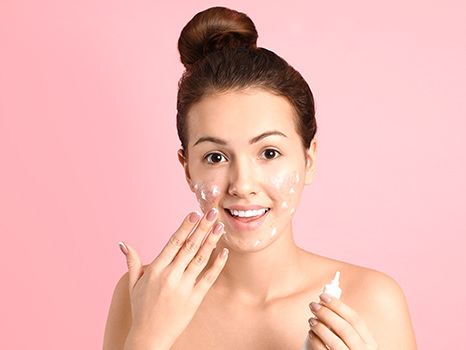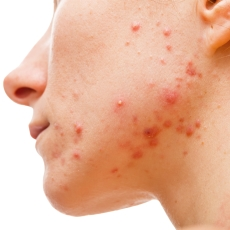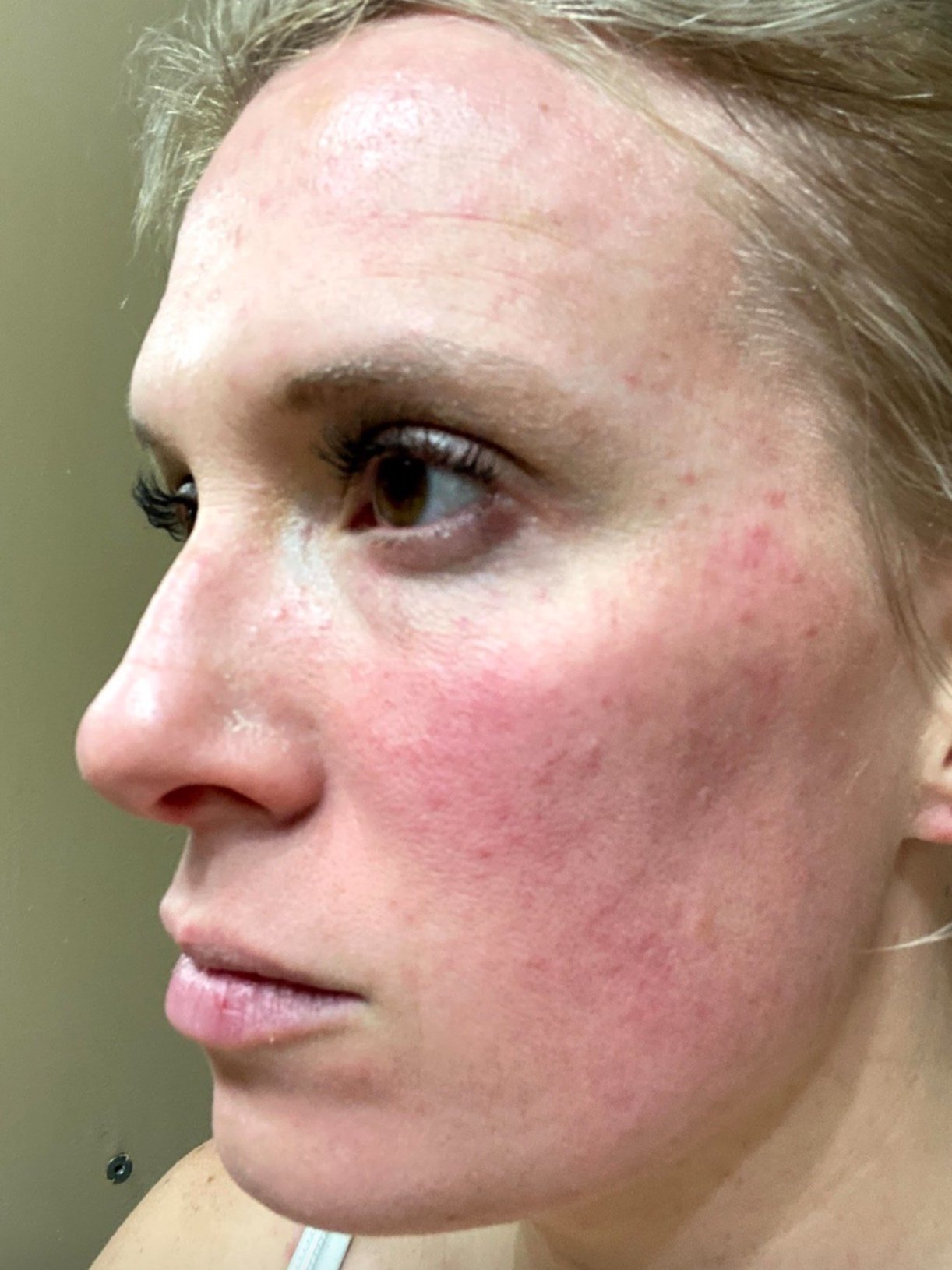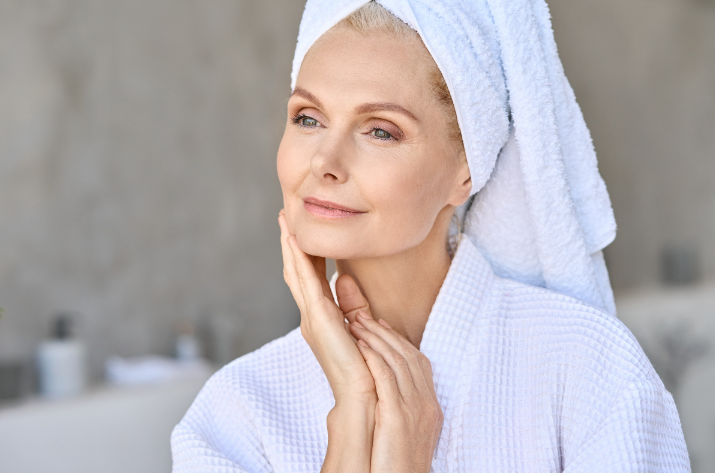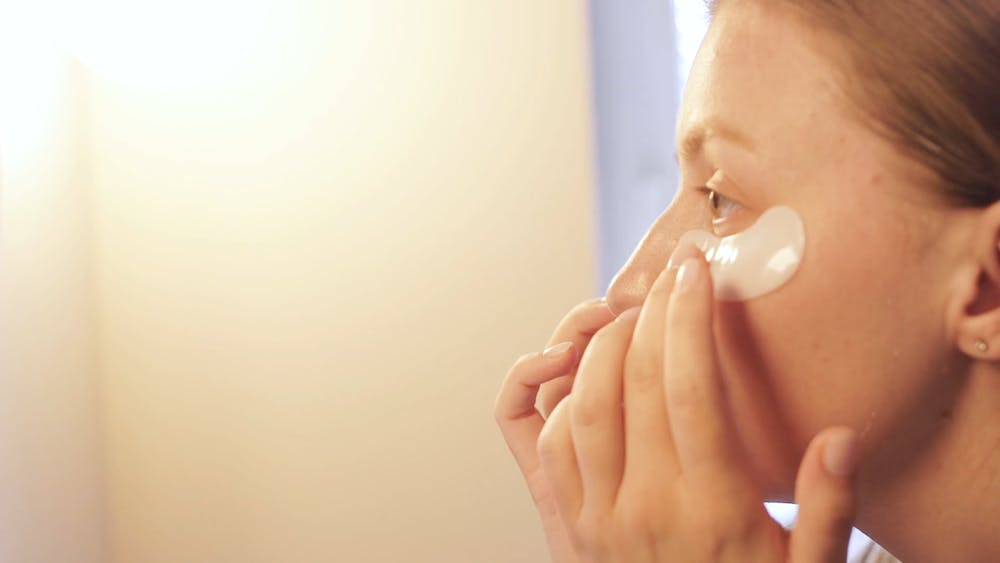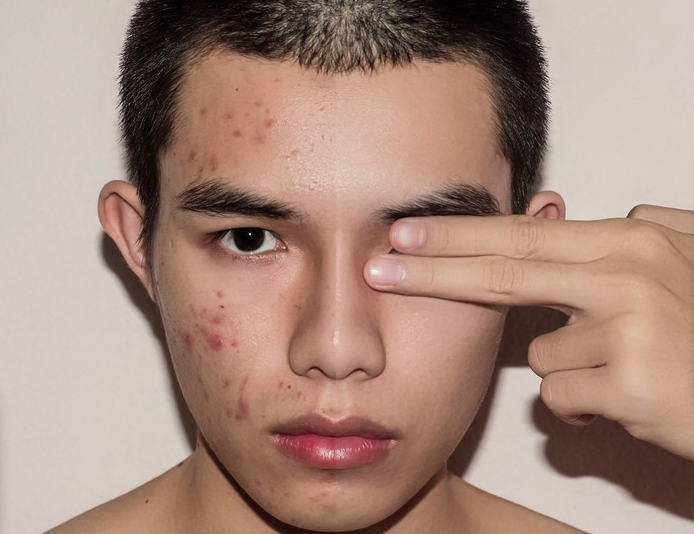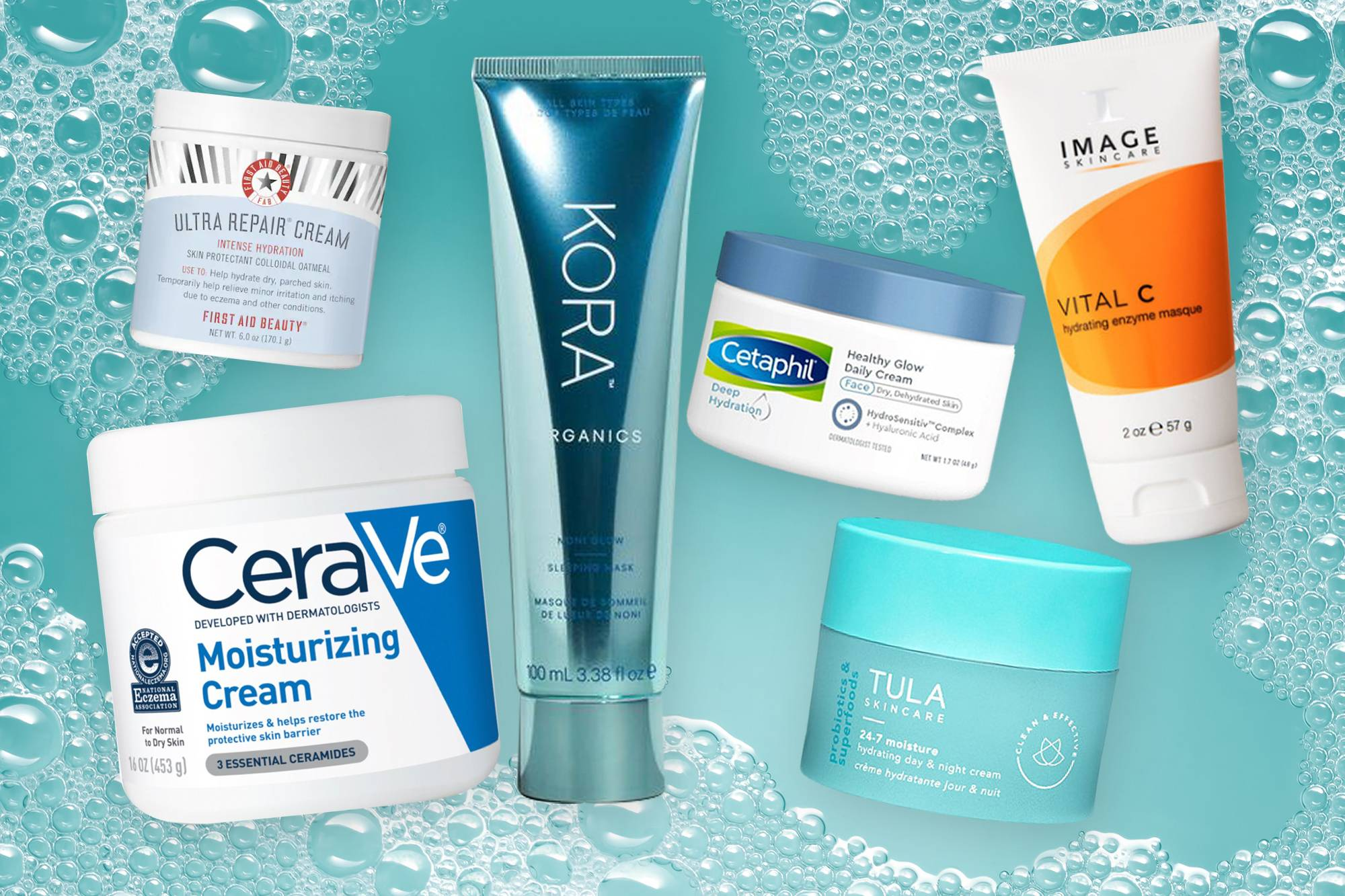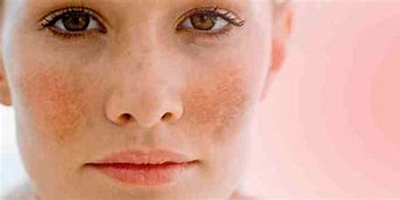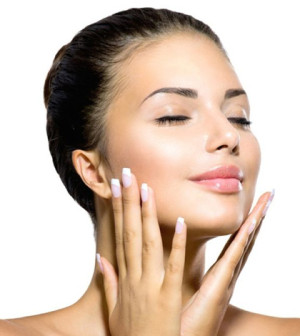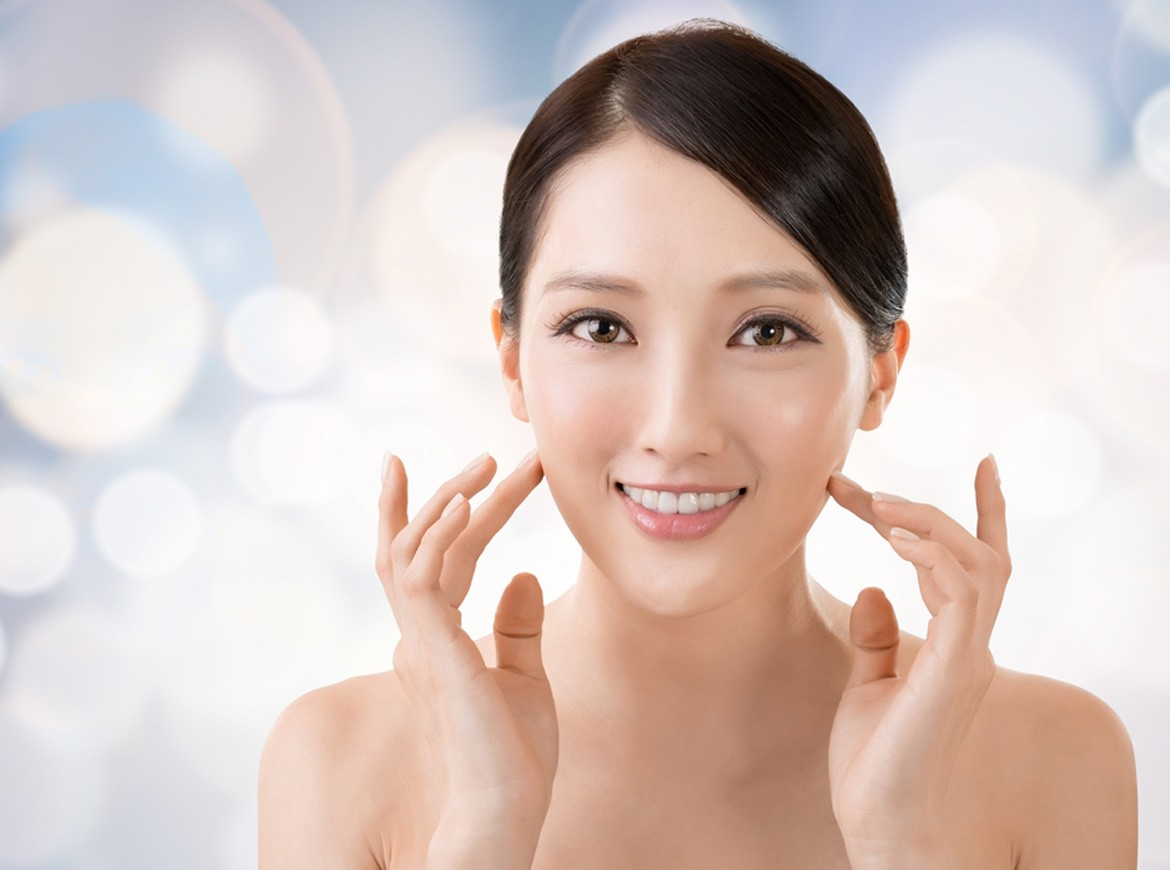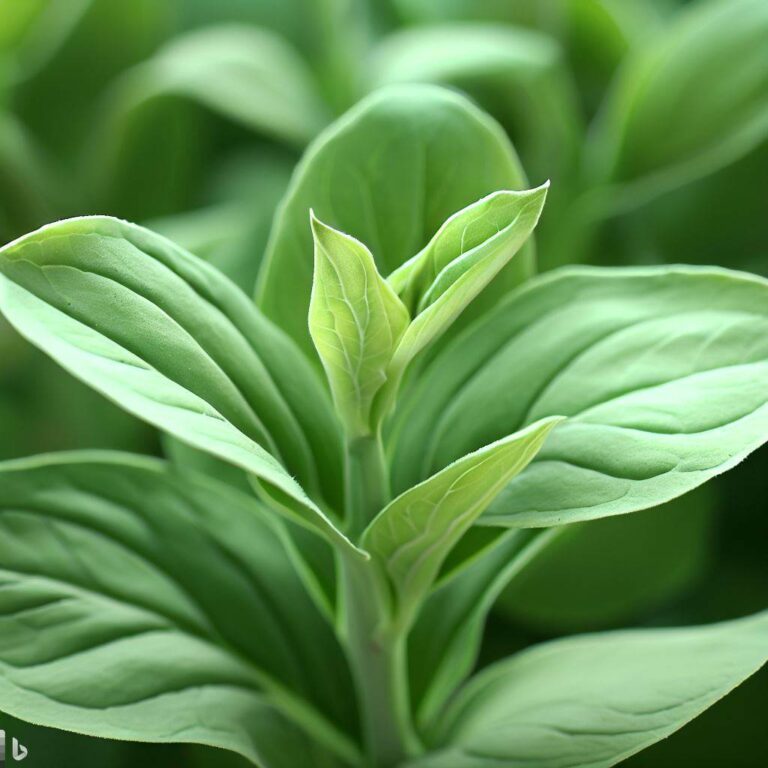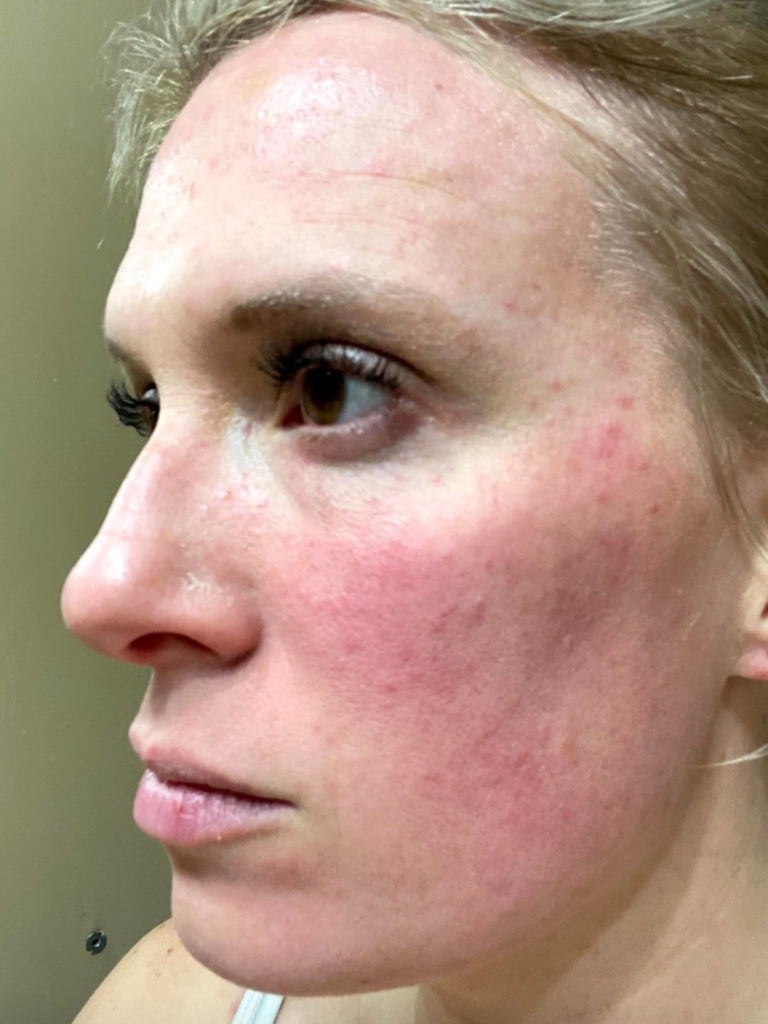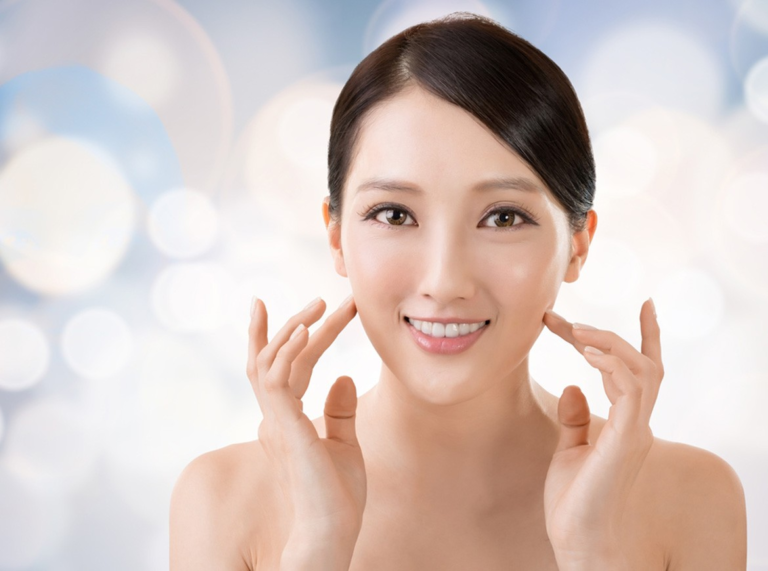Unlock the Secrets to Clear Skin: How to Master Acne Prone Skincare in 2024
Unlock the Secrets to Clear Skin: Mastering Acne Prone Skincare
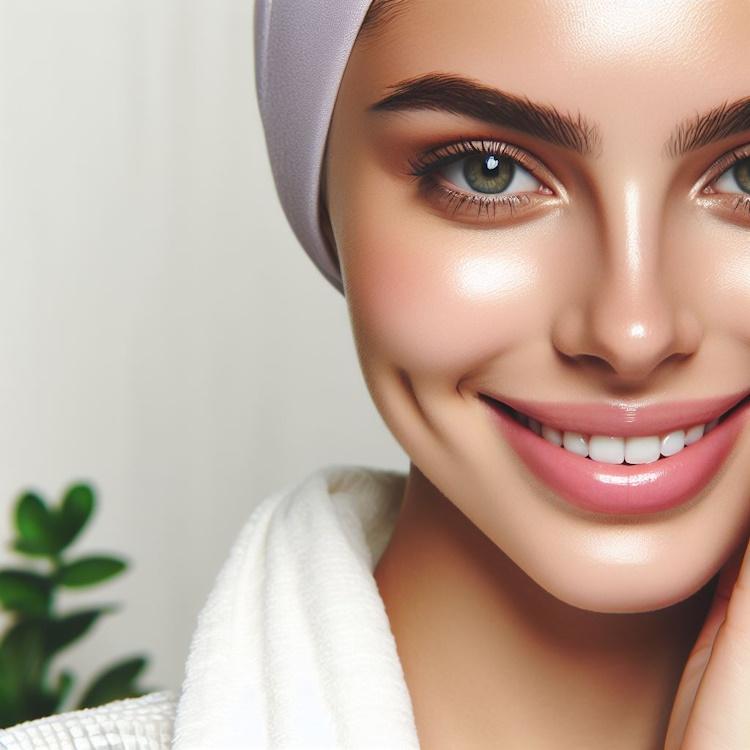
How to Achieve Flawless Skin with These Simple Acne-Prone Skin Care Tips
Embarking on a journey to clear skin can be daunting, especially when faced with acne-prone challenges. But fear not, for the right skincare routine holds the power to transform your complexion.
Acne prone skincare is not just about battling blemishes; it’s a strategic approach to nurturing your skin and boosting your confidence. Dive into our comprehensive guide and discover the best practices, products, and active ingredients that promise to manage your acne-prone skin effectively.
Say goodbye to uncertainty and hello to radiant, healthy skin that stands the test of time. Keep reading to unlock the secrets to a flawless complexion and regain the confidence you deserve.
Why acne prone skin needs special care
Acne is a skin condition in which pores become blocked with excess oil, dead skin cells, and bacteria – often leading to pimples, blackheads, and whiteheads.
No single treatment plan works well for everyone prone to acne; therefore, effective preventative measures should always be considered first.
As part of your skincare regimen for acne-prone skin, the initial step should be ensuring you don’t over-exfoliate. Over-exfoliation can lead to new acne breakouts or worsen existing ones if done too frequently.
If you want to exfoliate, opt for non-abrasive scrubs or gentle cleansing oils with low levels of abrasives – but beware not overdoing it – over-exfoliation can leave skin dry and itchy while creating blocked pores which makes acne breakouts more likely.
Next, it is essential to protect the skin with sunscreen that can shield it from UV rays. This can help reduce signs of photoaging, which contributes to acne development.
Apply moisturizer regularly to maintain the skin’s natural moisture levels. This will help repair, prevent it from drying out, and lessen the risk of future acne flare-ups.
After applying makeup, it is also vital that you cleanse your face to eliminate pore-clogging residues and impurities that have built up throughout the day. Furthermore, regular cleaning of cosmetic brushes will prevent dirt buildup that could contribute to acne flare-ups.
 RESTORE YOUTHFUL VITALITY WITH HYDROESSENTIAL™ SERUM
RESTORE YOUTHFUL VITALITY WITH HYDROESSENTIAL™ SERUMHydroessential™ Serum offers a comprehensive solution to aging skin concerns, providing visible results in as little as 48 hours. Crafted with award-winning, all-natural ingredients, including Japanese Witch Hazel and Aloe Barbadensis, this serum rejuvenates and revitalizes your skin. Experience the benefits of increased collagen production, improved skin elasticity, and reduced pigmentation with Hydroessential™ Serum. Don’t wait any longer – order now and discover the secret to youthful, glowing skin!
FOR YOUR SAFETY CLICK HERE TO BUY FROM THE OFFICIAL HYDROESSENTIAL WEBSITE
Acne Prone Skincare Routines: How to Create a Customized Plan for Clear Skin
One of the most important steps in acne prone skincare is to establish a consistent and effective routine that suits your skin type, goals, and preferences. A good routine should include cleansing, treating, moisturizing, and protecting your skin from the sun and other environmental factors.
However, not all products are created equal; some may work better for you than others. To create a customized plan for clear skin, you need to consider the following factors:
- Your skin type: Whether your skin is oily, dry, combination, or sensitive, you need to choose products that are appropriate for your skin’s needs and avoid ingredients that may irritate or worsen your acne. For example, if you have oily skin, you may benefit from using a gel or foam cleanser, a lightweight moisturizer, and an oil-free sunscreen. If you have dry skin, you may need a cream or lotion cleanser, a richer moisturizer, and a sunscreen that contains hydrating ingredients.
- Your acne severity: Depending on how mild or severe your acne is, you may need different types of treatments and products to address your concerns. For example, if you have mild acne, you may be able to clear your skin with over-the-counter products that contain salicylic acid, benzoyl peroxide, or niacinamide. If you have moderate to severe acne, you may need prescription medications such as topical retinoids, antibiotics, or oral isotretinoin. You should consult your dermatologist to determine the best course of action for your acne.
- Your skin goals: Besides clearing your acne, you may also have other skin goals that you want to achieve, such as reducing hyperpigmentation, scars, wrinkles, or redness. You may need to incorporate additional products or ingredients into your routine, such as vitamin C, alpha hydroxy acids, or azelaic acid. However, you should be careful not to overdo it and use too many products at once, as this may cause irritation, dryness, or sensitivity. You should also gradually introduce new products and patch-test them before applying them to your face.
- Your personal preferences: Finally, you should also consider your personal preferences when creating your acne prone skincare routine. You should choose products that you enjoy using, fit your budget, and are easy to access. You should also consider your lifestyle and how much time and effort you are willing to invest in your routine. For example, if you are busy or travel frequently, you may prefer a simple and minimal routine that consists of a few essential products. If you are more adventurous or have more time, you may enjoy experimenting with different products, ingredients, or techniques.
By taking these factors into account, you can create a customized plan for clear skin that works for you and your acne prone skin. Remember, consistency is key, and you should stick to your routine for at least a few weeks before expecting any results. You should also monitor your skin’s response and adjust your routine as needed. With patience and perseverance, you can achieve clear and healthy skin that you can be proud of.
How to Maintain a Proper Skincare Routine
Maintain a proper routine by cleansing with a cleanser to eliminate oil, dirt, and makeup effectively. Look for one without alcohol, astringents, or drying ingredients; opt for something with acne-fighting ingredients like salicylic acid that sloughs off dead skin cells that clog your pores (CeraVe Acne Foaming Wash is a good example).
Make time to regularly exfoliate your skin using an exfoliating toner to eliminate old skin cells and debris that clogs pores, such as salicylic acid for whiteheads or benzoyl peroxide for blackheads and pimples.
Moisturize your skin daily to keep it hydrated and control sebum production, especially if using exfoliating ingredients that could make your skin more vulnerable to sun damage. Many moisturizers come equipped with SPF protection to shield your skin against UV rays.
If you find that dark spots appear after clearing up acne, consider including EnaSkin Dark Spot Corrector as part of your skincare routine. It has been clinically proven to significantly diminish post-blemish marks while brightening complexion and decreasing redness over time – an invaluable addition for both oily and dry skin types!
Acne Prone Skincare Ingredients: What to Look for and What to Avoid
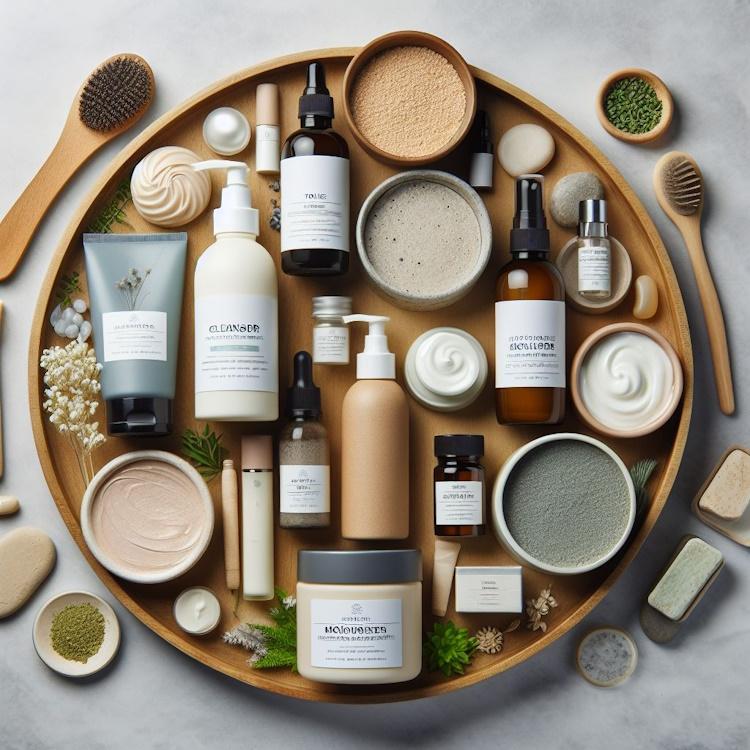
The Best Skin Care Routine for Acne-Prone Skin Using Natural Products
Acne-prone skin requires extra special care. Finding skincare products with active ingredients that fight acne and clear up complexion is vital. Luckily, various active ingredients help fight back against breakouts to restore clarity to complexions affected by acne.
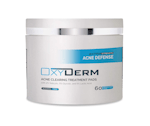 These ingredients kill bacteria, unclog pores, and reduce inflammation while encouraging cell turnover and stimulating collagen production.
These ingredients kill bacteria, unclog pores, and reduce inflammation while encouraging cell turnover and stimulating collagen production.
Beta hydroxy acids like salicylic acid are among the best-known active ingredients for treating acne breakouts and blackheads. Their oil-soluble nature enables them to penetrate clogged pores to clear away dead skin cells, oils, and bacteria contributing to acne outbreaks.
Glycolic acid is another highly popular exfoliator known for accelerating cell turnover and diminishing scarring. Plus, its powerful antioxidant properties protect skin cells against free radical damage.
Natural ingredients like zinc pyrithione can be powerful tools in combatting hormonal acne. This natural remedy is excellent at reducing redness and the appearance of papules and pustules. It can also improve skin texture by decreasing redness levels.
Aloe vera is an effective natural ingredient known for its anti-inflammatory and antibacterial properties, making it suitable for treating any affected areas or as part of your daily skincare routine as part of its moisturizer capabilities.
Vitamin C is an antioxidant that can help improve redness and acne scars and even help decrease pimple formation. When added to a daily routine, vitamin C could also reduce redness.
Zinc oxide is another natural remedy that can speed the healing of blemishes faster and reduce inflammation, making it a widely available treatment option for acne. You’ll often find zinc oxide products available over the counter as one solution.
Benzoyl peroxide is one of the most frequently prescribed treatments for acne. It kills bacteria and unclogs pores by providing oxygen into your skin through topical application of lotion, cream, gel, or wash.
Acne Prone Skincare Products: How to Choose the Right Ones for Your Skin Type
Acne-prone skin can be challenging, but an effective skincare routine can simplify the task. Finding a product tailored to your skin type that includes non-irritating acne-fighting ingredients will simplify life.
Several skincare products are effective at combatting acne and clearing up blemishes. This may include over-the-counter ingredients like benzoyl peroxide and salicylic acid; others, such as prescription-grade retinoids that accelerate skin cell turnover while clearing away dead cells that can block pores, are available upon prescription.
Salicylic acid, with antiseptic and antibacterial properties to combat breakouts caused by bacteria, has long been recognized for its effectiveness in fighting acne, according to Renee Moran, MD of Dr. Renee Moran Medical Aesthetics & RM Skincare in Los Angeles. Salicylic acid also works to break up excess oil buildup while clearing pores.
Lactic acid is another excellent exfoliating ingredient when dealing with acne-prone skin. It gently exfoliates while improving tone and texture. Lactic acid can often be found in acne-fighting cleansers, serums, or face masks as it reduces excess sebum production, unclogs pores, and encourages cell turnover.
Niacinamide is another acne-fighting ingredient commonly found in skin care products. As a form of vitamin B3, it helps strengthen skin barriers to minimize breakouts while improving the production of ceramides – essential lipids that keep our complexions healthy – which reduce outbreaks altogether.
Finally, try using a toner with acids such as glycolic acid or retinol that exfoliates your skin to combat breakouts by clearing away dead cells. Both ingredients may be drying, so be sure to test first on a patch test area of skin before applying it overall.
Skincare mistakes to avoid
Acne is one of the most prevalent skin issues, affecting almost everyone at some point or another. Acne can cause significant discomfort and diminish one’s confidence. Proper care must be taken to avoid acne breakouts and preserve a clear complexion.
However, many of us make errors when following an acne-prone skin skincare regimen, leading to clogged pores, inflammation, dryness, and premature aging.
When you suspect acne-prone skin, improper facial washing is one of the biggest mistakes to avoid. Failing to cleanse correctly can result in buildups of dirt, oil, and makeup, which clogs pores, further exacerbating acne breakouts. Skin cleansers should also be tailored to your skin type; harsh scrubbing motions should be avoided during cleansing.
Radiant Skincare With Glycolic Acid: The Game Changer (wherecanibuythat.us)
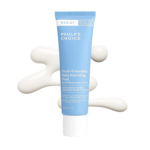 One common misstep many people with acne-prone skin make is over-exfoliating. While exfoliation helps clear away dead skin cells, excessive exfoliation may irritate and inflame the skin, causing redness, itching, or dry patches. If you have acne-prone skin, exfoliation twice weekly with a gentle exfoliating scrub is highly recommended to unclog pores and reduce redness.
One common misstep many people with acne-prone skin make is over-exfoliating. While exfoliation helps clear away dead skin cells, excessive exfoliation may irritate and inflame the skin, causing redness, itching, or dry patches. If you have acne-prone skin, exfoliation twice weekly with a gentle exfoliating scrub is highly recommended to unclog pores and reduce redness.
Furthermore, you should avoid products containing high levels of alcohol as these can irritate the inflamed skin further and potentially lead to breakouts.
Wear sunscreen daily to prevent sun damage and premature aging from UV rays. Still, also so your skin doesn’t become overly dry or blocked with sebum. Applying sunscreen will protect both of these things.
References: Acne Prone Skincare
Skin care for acne-prone skin – InformedHealth.org – NCBI Bookshelf (nih.gov)
Acne – self-care: MedlinePlus Medical Encyclopedia
The publisher earns affiliate commissions from Amazon for qualifying purchases. The opinions expressed about the independently selected products mentioned in this content, and any instructions or content shared are those of the publisher, not Amazon.

